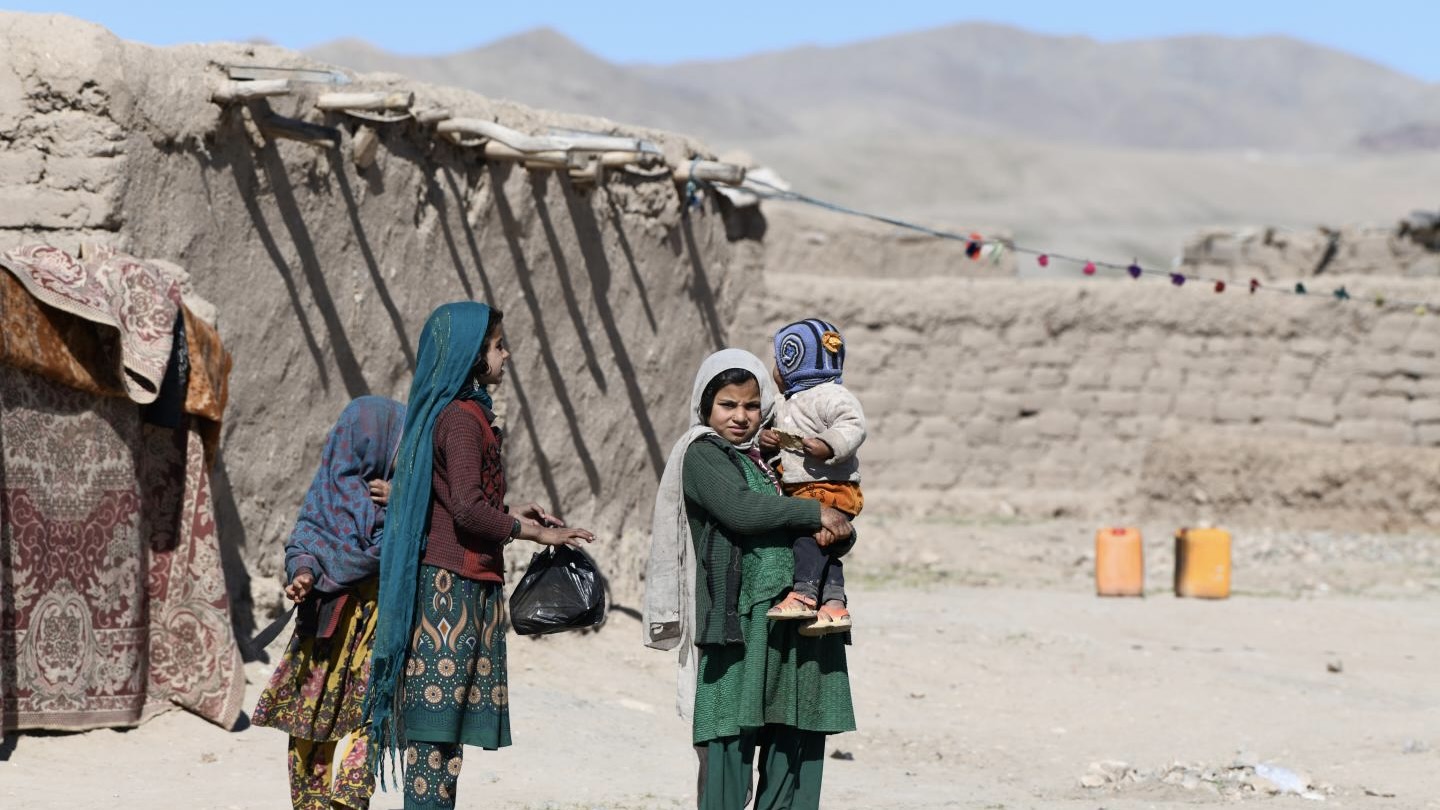
Several international aid organizations have suspended their work in Afghanistan in response to a new Taliban edict barring Afghan women from working with any local or foreign NGO until further notice, while the UN is urging the “Islamic Emirate” to reverse its decision. The Afghan Ministry of Economy issued the order on Dec. 24, warning that any organization that fails to comply will have their licence to operate in the nation revoked. By the following day, the International Rescue Committee (IRC), Save the Children, the Norwegian Refugee Council, CARE International, and Islamic Relief had all announced they would halt their work in Afghanistan until all female staff are able to return to work. The decree came days after the Taliban government ordered universities to stop classes for women.
Aid workers who spoke to The New Humanitarian recognized that suspending work now was particularly bad timing, but several said they felt they had little choice but to send a clear message to the Taliban authorities.
Most Afghan families are struggling through a brutal winter, with their spending power heavily reduced as food prices have skyrocketed. It’s estimated that six million Afghans, many of them dangerously malnourished children, are one step away from famine, while more than 700,000 people have lost their jobs since the Taliban returned to power in August 2021 and the heavily sanctioned economy imploded.
“We cannot reach 50% of the population under this ban,” Samira Sayed-Rahman, communications and advocacy coordinator at the IRC in Afghanistan, told The New Humanitarian.
She recalled IRC’s efforts in response to the earthquake that claimed more than 1,150 lives in the southeastern provinces of Paktika and Khost in June, when she said she was personally approached for help by dozens of women in some of the most remote parts of the country.
“We simply cannot operate without female workers at all levels of our organization, particularly when we are delivering aid to women,” Sayed-Rahman said.
From The New Humanitarian, Dec. 27
See our last reports on the food crisis in Afghanistan, and the anti-woman crackdown.
Photo: UNICEF





Some Afghan women aid workers return —despite danger
At least three international NGOs have resumed some services in Afghanistan after suspending operations following the Taliban’s December announcement barring Afghan women from working for NGOs. This week, Save the Children, CARE International, and the International Rescue Committee announced that they would restart some health-related efforts after assurances from the ministry of public health that Afghan women would be able to safely return to their aid jobs. (TNH)
But on Jan. 15, former lawmaker Mursal Nabizada was killed by gunmen along wit her bodyguard at her home in Kabul. Nabizada could have fled Afghanistan with a humanitarian visa after te Taliban takeover but chose to remain and work with NGOs as an advocate for women’s rights. (PRI)
UN weighs continued operations in Afghanistan amid Taliban ban
The UN Assistance Mission in Afghanistan (UNAMA) said in an April 11 statement that it is forced to make an “appalling choice” on whether to continue operations in Afghanistan since the Taliban regime decided to ban women from humantarian aid work.
The statement said the ban is “the latest in a series of discriminatory measures implemented by the Taliban de facto authorities with the goal of severely restricting women and girls’ participation in most areas of public and daily life in Afghanistan. The ban is unlawful under international law, including the UN Charter, and for that reason the United Nations cannot comply.”